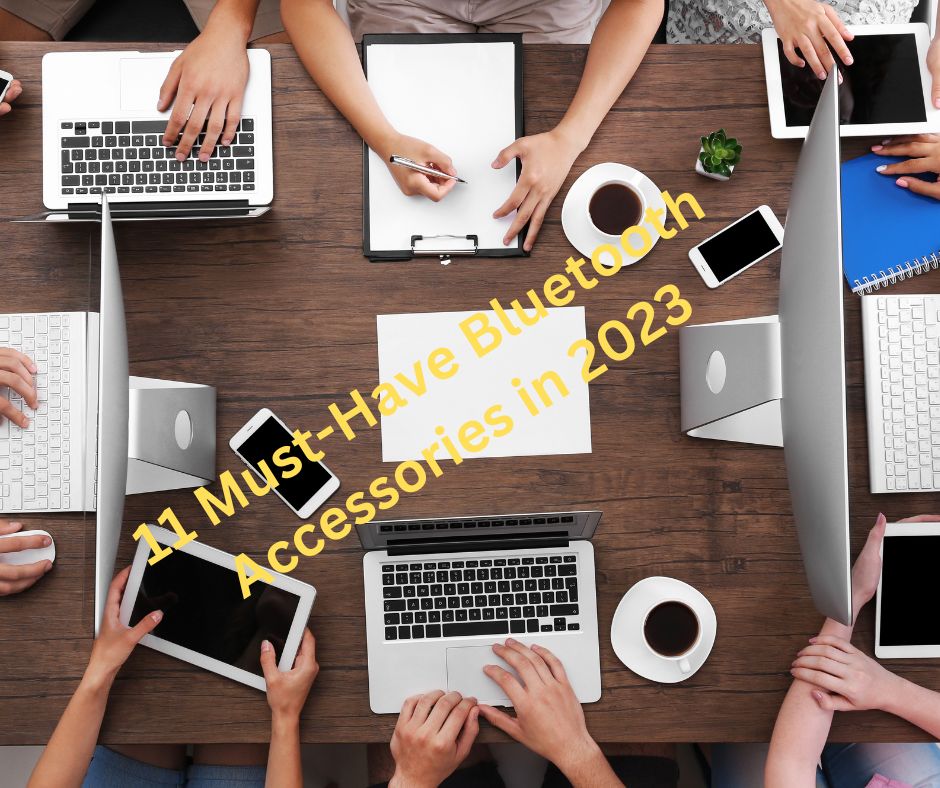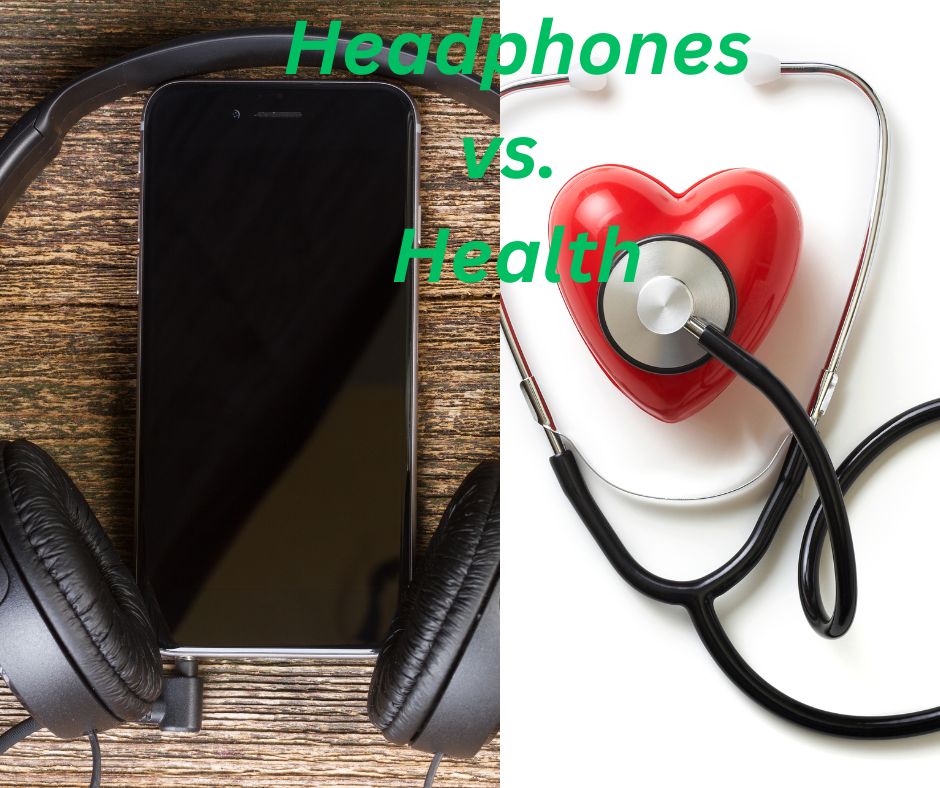[ad_1]
An erection policy (OPP) states that within a primary relationship, there can be only one erection. This means, in the context of consensual non-monogamy (CNM), that when you have sex with or date people outside of your relationship, those other partners shouldn’t be dicks.
If you’re active in the online dating world, you’ve probably been hearing a lot about CNM — aka moral non-monogamy or ENM — lately. The term “Ethical non-monogamy” has seen a 213 percent increase. Just looking for last year. Dating app Feeld attributes the rise in interest in non-monogamy to the impact of the pandemic on our relationships and the fact that “many people and couples who were stuck at home are starting to question the structure of their relationships.” As a result of closing the . Together.”
What is One Pence Policy (OPP)?
According to a non-monogamous sex expert and kink instructor Giulietta Chiara, the OPP is also (jokingly) known as the “Monopoly of the Meat Stick Mandate”. And while it’s a funny thing to say, there are more problems with this “rule” within CNM dynamics than the newspaper stance.
An OPP centers on the idea that penetrative sex is the only “real sex”. Meaning, it’s the only type that actually counts. This, of course, is completely wrong. “It runs on a false assumption that people with [penises] More than people are likely to be a threat to the relationship. [with vulvas],” explains. Nicoletta HeideggerMA, MEd, MFT, a sex therapist and host Silts and Scholars podcast “It can minimize and even invalidate women/women connections and experiences.”
What is consensual non-uniformity?
Inside a classic OPP: the penis is at the center of everything. And if that sounds sketchy AF, that’s because it is. Of course, where there are controversial relationship rules, a brief discussion is always needed. We will try to start such a journey.
So, let’s break down what a penis policy actually is, when it might be offensive, if it’s ever okay to have one in a relationship, and — and possibly the spiciest of all — whether your partner Whether or not OPP is insisted on. Grounds for a breakup
“It runs on a false assumption that people with [penises] More than people are likely to be a threat to the relationship. [with vulvas]”
As we’ve made perfectly clear: A penile policy is when there can only be one almighty PEEN!
Although this dynamic is most often seen between a heterosexual cis-man and a bisexual or pansexual cis-woman, a male partner or pansexual partner can also be in a relationship with another male, trans, or non-binary partner. Yes, they say. Dr. Lee PhillipsEd.D, a psychotherapist and certified sex and couples therapist.
The male partner’s penis is the only penis allowed when seeking sex or other partnerships. The message here is clear: if you have a penis, you must be a man. (Again, not true).
And yes, a lot of this policy is dripping in heteropatriarchy (and misogyny).
Why is an erectile dysfunction policy difficult?
Clearly, an erectile dysfunction policy is only unfair within a partnership (if both people are not 100 percent down). “One partner gets to have his cake and eat it, while the other doesn’t have the opportunity to find another penis if they want to,” says Chiara. The gay male partner has to go out and explore in any way he can, while his (usually the vulva-owning) partner is restricted in what he is and isn’t allowed to do.
Want more sex and dating stories? In your inbox? Sign up for Mashable’s new weekly Off the Dark newsletter..
Heidegger tells us that OPP is rooted in something dark. It stems from patriarchal and false ideals of control and ownership of women and women’s bodies. “Especially if the partner making the policy or wanting it is allowed to have sexual experiences, but the other partner is not. It can be a double standard,” she says.
What’s more: An erection policy can be hella biphobic and transphobic. It literally does it all, folx! “[It] Rejects bisexuality (and narrows its spectrum), degrades people down to their genitalia, and generally caters to men’s misrepresentation of what they want and are. There are rules (and women are limited),” says Chiara.
How to get started with non-monogamy.
Within the OPP, transwomen, non-binary, and all AMAB (assigned male at birth) phallics are left out because not all people with a penis are male!
Why might someone try to implement a ‘one penis policy’ in their relationship?
The reasons why one partner or both partners might agree to an erectile dysfunction policy can vary widely (because people are complicated), but Phillips says that the erectile partner’s reason for implementing an OPP is: In their own insecurities. . “They may be jealous and fear that their partner might be found. [more] Pleasure in a penis other than your own, he says. “They may have body image issues regarding the size of their penis.” When an erectile dysfunction partner ‘puts’ OPP on their partner, it usually stems from toxic masculine ideas of what it is. Means “to be a man” and “what real sex looks like.”
When an erectile dysfunction partner ‘puts’ OPP on their partner, it usually stems from toxic masculine ideas about what it means to “be a man” and “what real sex looks like.”
This high key is against the tenants of CNM – the core of autonomy and independence. A no-sex policy, when used with the intention of controlling a partner’s behavior to make you feel more secure, is highly suspect.
Now, a quick note on when an AFAB (Assigned Female at Birth) individual can opt for an Erectile Dysfunction Policy. Maybe they just don’t want to explore penetration with people other than their partner. It is their choice.
It’s really about intention here, right? If we’re making solid, informed choices based on sexual freedom and autonomy, that’s fine.
Is it ever okay to have OPP?
If you and your partner are good with/want an erection policy, that’s your business. Only the two of you have to decide how your open relationship should work. So, if you’re both on board, yes, it’s okay to have an OPP.
With that said, it would still be wise to inquire why this is so. Why does this seem right or good to you? Is this how you want to explore an open relationship, or are you making concessions to keep your partner happy? What is your understanding of freedom in CNM dynamics? Would you be okay with never having another penis in your sex life again? Are you okay with experiencing sex with your partner when you’re not?
Have non-monogamy labels on dating apps done more harm than good?
Heidegger invites all people to compassionately question their choices in order to gain greater insight, grow, and be aware of internal and systemic oppression. “The way we show up sexually and relationally is influenced by the systems we exist in; therefore, sometimes we accept things as okay and/or our choice, when really we don’t like them. “I’ve been deeply affected by systems of injustice,” she explains. .
These questions can be difficult, but they are worth exploring.
“The way we express ourselves sexually and relationally is influenced by the systems we exist in; therefore, sometimes we accept things as okay and/or our choice, when really we are deeply affected by these systems of injustice.”
How to negotiate a ‘one-penis policy’ with your partner
If you currently have OPP in your relationship or your partner is trying to mandate OPP, it’s time to be vulnerable and have some open and honest conversations. Heidegger says the policy is often to avoid feeling or talking about uncomfortable emotions like jealousy.
But we can understand each other better and our subjective reasoning is to talk to each other. If your partner can voice where the insecurities are coming from, you can work to find solutions to reduce those feelings and promote safety in your relationship, rather than Put a blanket rule on it in an attempt to minimize the problem.
Philips says it can be helpful to review your agreed-upon non-marital agreement frequently, so that conflicts can be resolved with vigorous communication. He suggests the following example to bring up these conversations: “I know we have a castration policy, and I want to know more about why we have it. Help me understand that.” Do what you feel.”
When we communicate with each other with compassion rather than harshness or judgment, we open the door to more productive discussions – which can hopefully lead to a more acceptable solution for everyone.
Is it okay to end a relationship if one partner wants an erection policy and refuses?
Answer: Yes, if your partner is insisting on an OPP and you are not disappointed – then it is perfectly fine if you want to leave the relationship. You are allowed to cut your losses and find a relationship that fits your values and needs.
“It’s the very basis for ending a relationship because it messes with something bigger: power inequality,” says Chiara. “If you two aren’t on board, it’s time to break up.”
You should never feel pressured or forced into certain behaviors to please a partner. Equal partnerships don’t work that way. Everyone deserves relationships and sex lives that make them happy.
Titles
Sex and relationships



